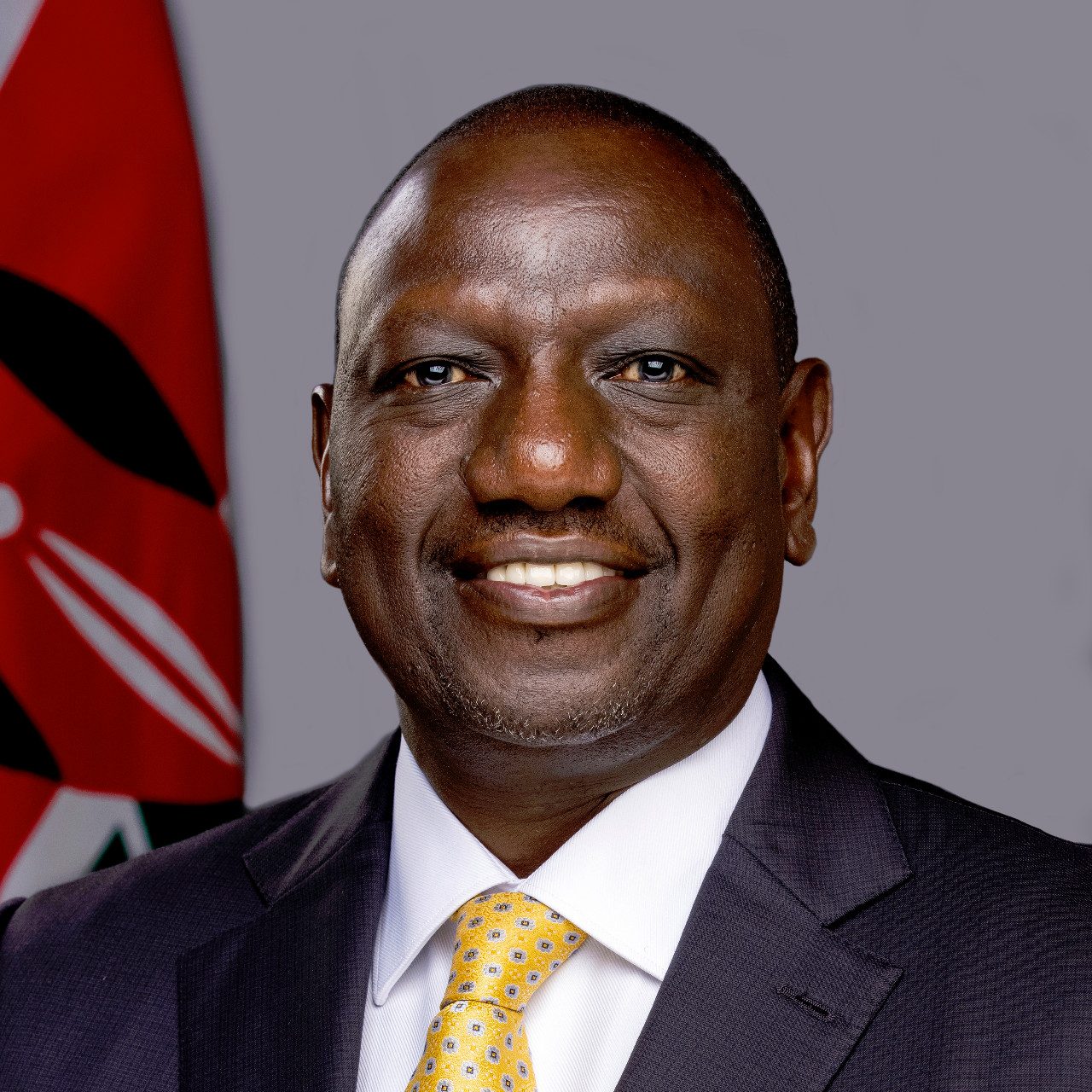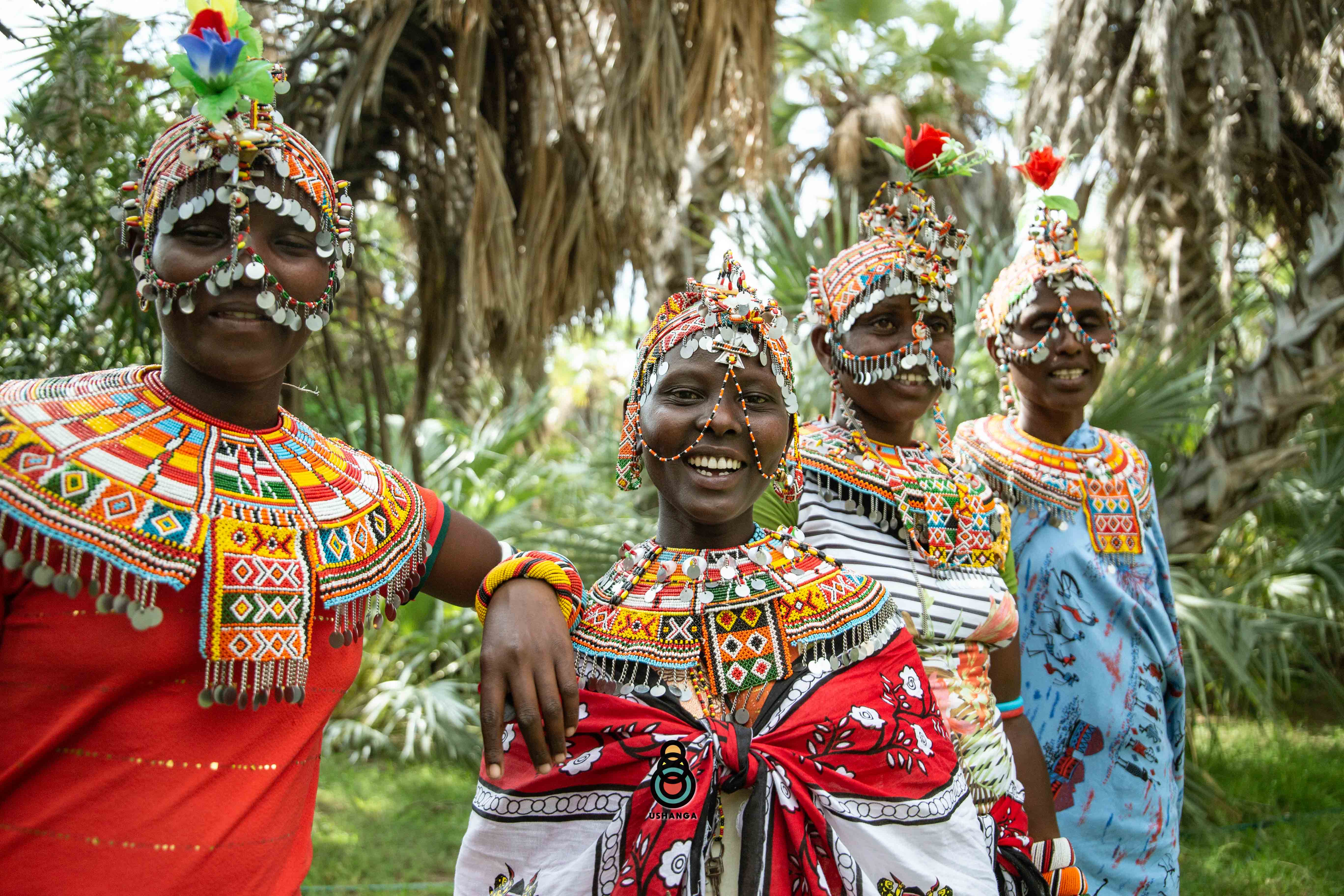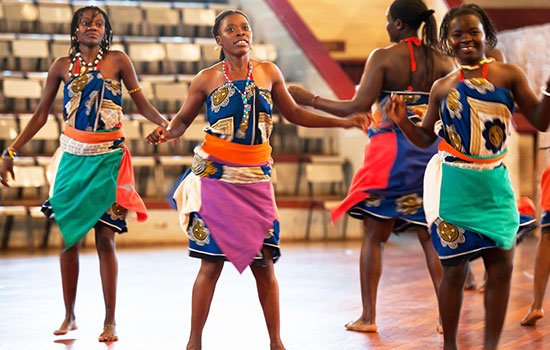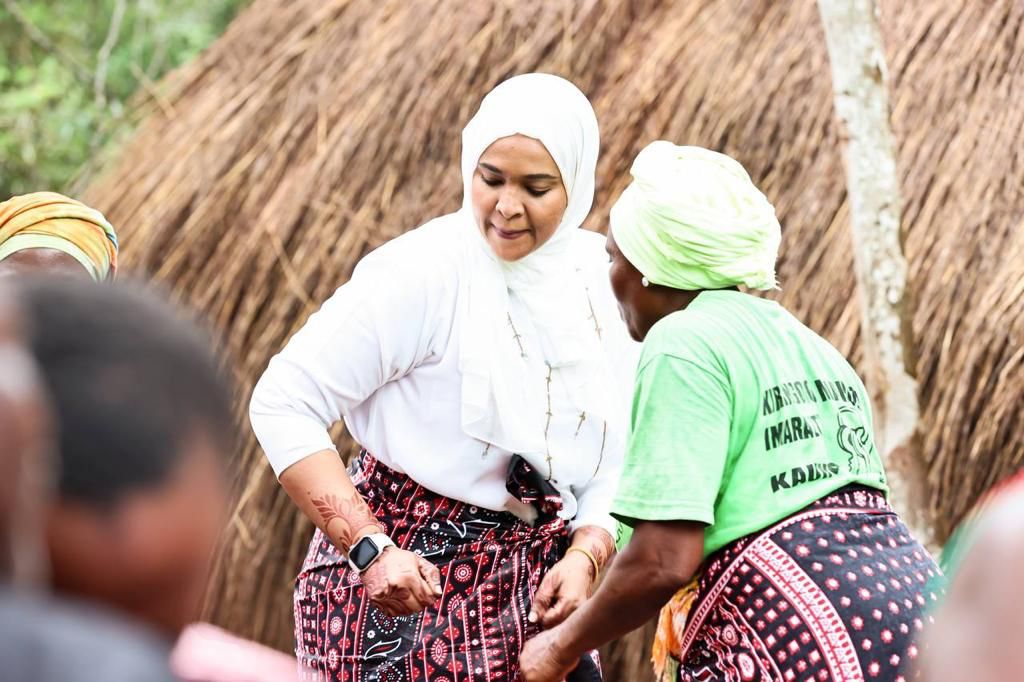CORE FUNCTIONS
The following are the core functions of the department
• Management of National Culture and Heritage Policy;
• Promotion and development of the cultural and creative industries for wealth creation and sustainable economic development;
• Undertake capacity building programmes for the cultural and creative industries sector;
• Implementation of Traditional Knowledge and Cultural Expressions Act for the identification, documentation, preservation and development of indigenous knowledge systems;
• Management of the National Language Policy
• Promotion of National Cohesion, Integration and a celebration Kenya’s cultural diversity;
• Setting standards for culture in the country;
• Implementation of two UNESCO Culture Conventions ratified by Kenya and domiciled in the department:
(i) 2003 UNESCO Convention for the Safeguarding of Intangible Cultural Heritage.
(ii) 2005 UNESCO Convention for the Protection and Promotion of the Diversity of Cultural Expressions
Our Functions
• Mobilization and Management of human, financial and other resources for cultural development
• Promotion and development of the cultural and creative industries for wealth creation and sustainable economic development
• Promotion, preservation and development of Kenya’s indigenous knowledge systems such as, traditional medicine, indigenous foods and other viable cultural practices for improvements of livelihoods
• Safeguarding the Intangible Cultural Heritage (ICH) for posterity
• Development and promotion of indigenous languages and Kiswahili
• Promotion of National cohesion, integration and appreciation of cultural diversity
• Mainstreaming of positive cultural value systems in society
• Cultural research, documentation and dissemination of cultural information and research findings
• Promotion and development of cultural infrastructure
Our Core Values
• Teamwork
• Integrity and Accountability
• Customer focus
• Courtesy
• Promptness and efficiency
• Excellence and professionalism
• Creativity and innovation
• Appreciation and tolerance of national cultural diversity
• Fairness in serving clients
POLICY DIRECTIONS
The Department is guided by the National Culture and Heritage Policy that was approved by Cabinet in 2021 whose main goals are to:
• To promote understanding, appreciation and respect for cultures of the people of Kenya, reinforce national values, unity and pride; stimulate and foster creativity to secure livelihoods; strengthen national identity and celebrate cultural diversity and innovation, as well as protect and promote intellectual property of the peoples of Kenya. The Policy, therefore, provides direction for sustainable development at national and county levels while promoting unity in diversity.
• The Policy provides the ideological and philosophical foundation for inclusive national development and guides the growth process by ensuring the participation of Kenyans in decision-making and the preservation of their cultural and natural environment for socio-economic transformation of the country.







